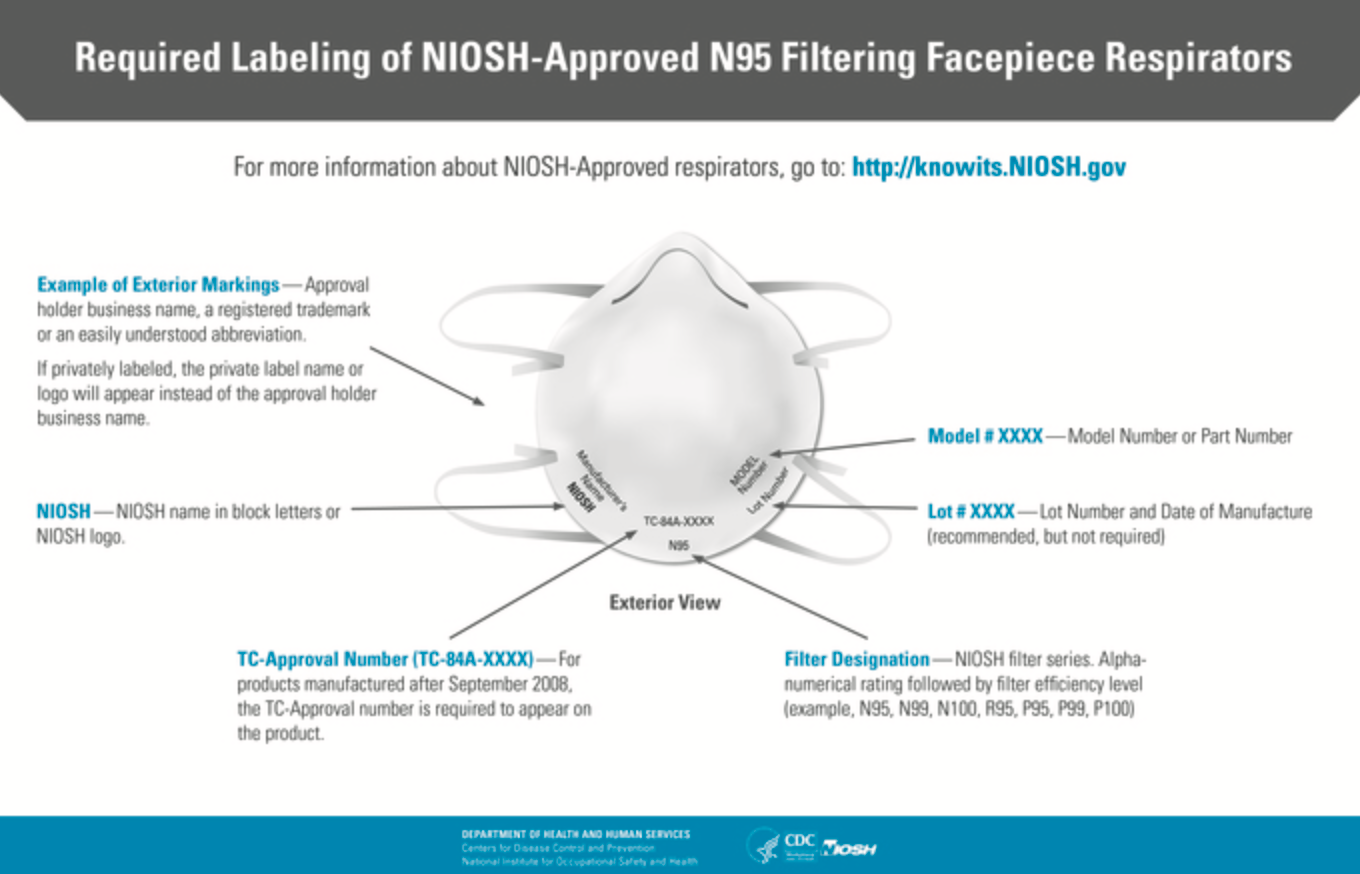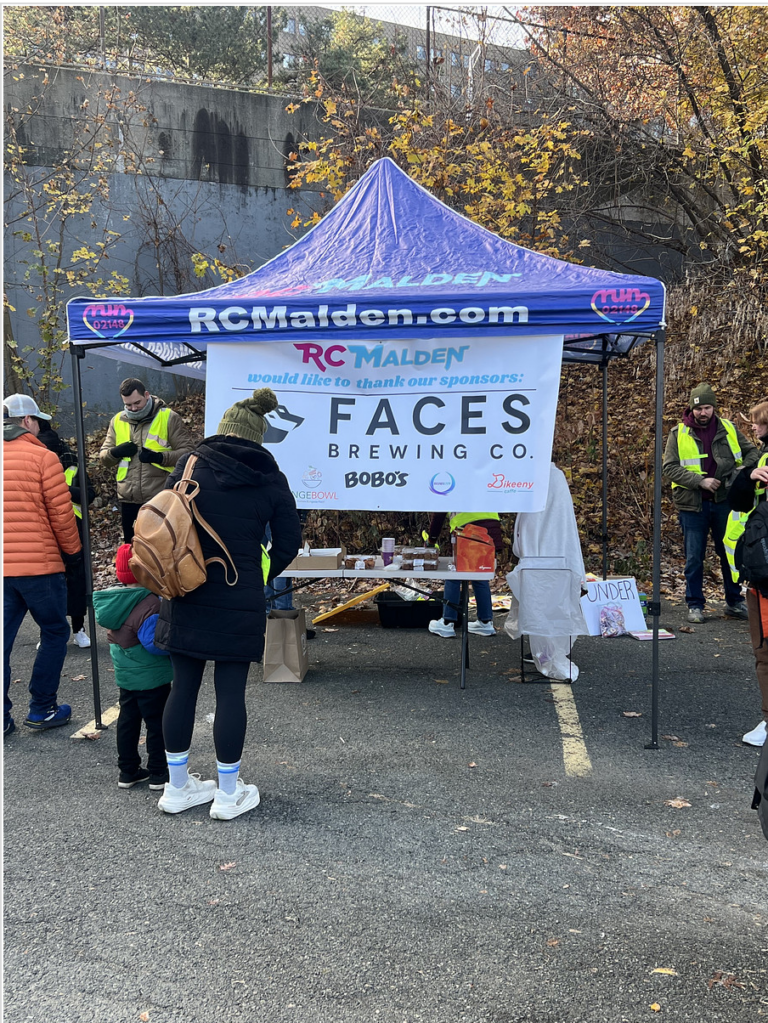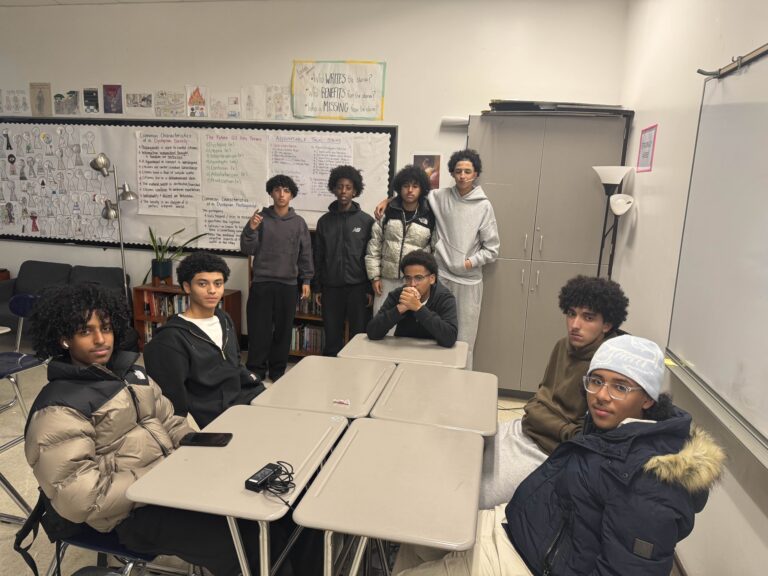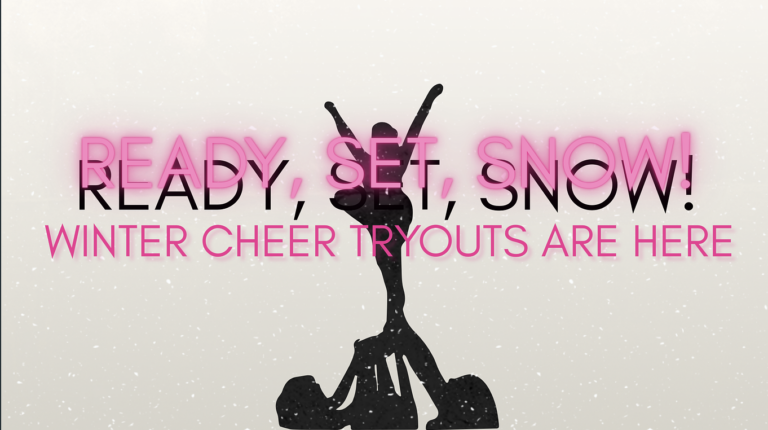
The National Institute for Occupational Safety and Health (NIOSH)-approved N95 masks. https://commons.wikimedia.org/wiki/File:N95_Infographic_Mask_Labeling_(15143991731).jpg

COVID-19 cases began to spike near the beginning of January due to crowded vacations and the rise of the Omicron variant. To combat this, the Department of Elementary and Secondary Education (DESE) offered out around six million masks to schools that were interested. One of the schools that took up on their offer was Malden High School.
Principal Christopher Mastrangelo gave out the masks to faculty members who wanted them the week after Christmas break. Almost immediately after this, rumors spread that the masks were “defective” and “faulty”. When he heard the rumors, Mastrangelo immediately stopped handing them out.
It was found that this particular model of KN95 mask had not been authorized by the National Institute for Occupational Safety and Health (NIOSH). This means that the masks are not medical-grade, and not suitable for medical personnel. A study conducted by the Centers for Disease Control and Prevention (CDC) found that this particular mask had a maximum efficacy rate of 45.80% and a minimum of 25.20%.
A statement released by DESE’s Media Relations Coordinator Jacqueline Reis explained the situation, “There were two different types of KN95 masks delivered to schools: non-medical, and masks that had no label marking. The masks without label markings were previously tested by MIT and found to have an 87 percent filtration rate. Those labeled non-medical were not tested by MIT before distribution.”
Reis continued, “After DESE learned that there were two different types of masks in the distribution, the non-medical masks were then also tested by MIT. They were found to have a 98 percent filtration rate.” Malden High School was given masks labeled “non-medical”.
This difference in percentages may be due to a difference in methodology or the technology itself. At this time, there is no explanation for this difference. Whether or not the masks are effective or not, this goes to show how easy it is to accidentally purchase non-authentic masks. If you are wondering if your masks are effective you can look to the image below to find out if your mask is NIOSH approved or not, but if it turns out to not be approved don’t worry several the CDC has found that some non-NIOSH approved masks still have efficacy rates over 95%. You can find this study here.




